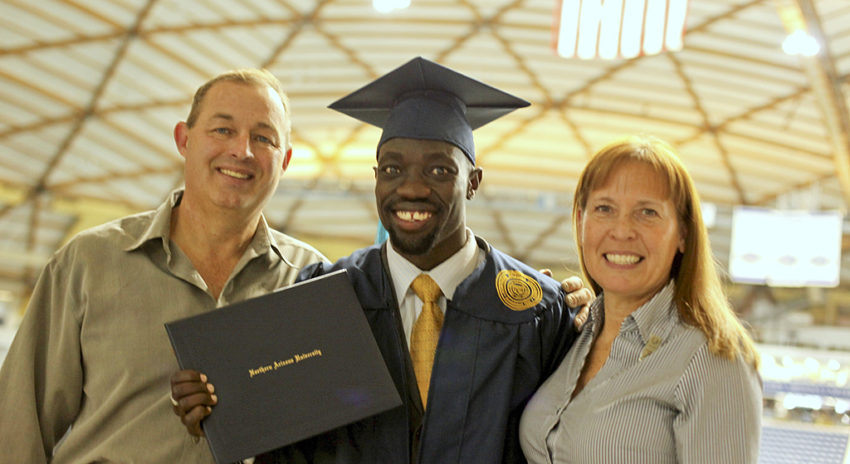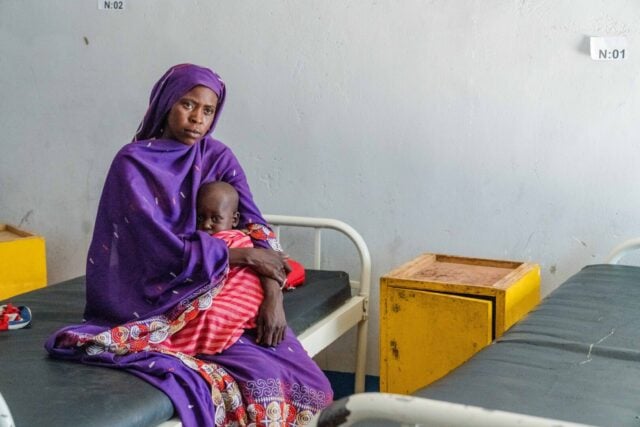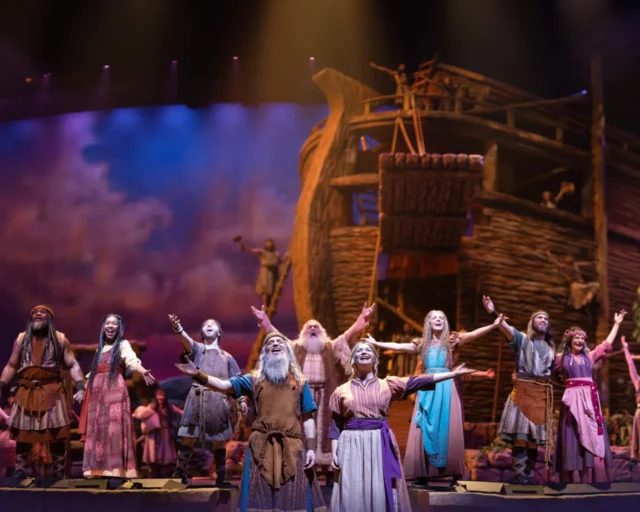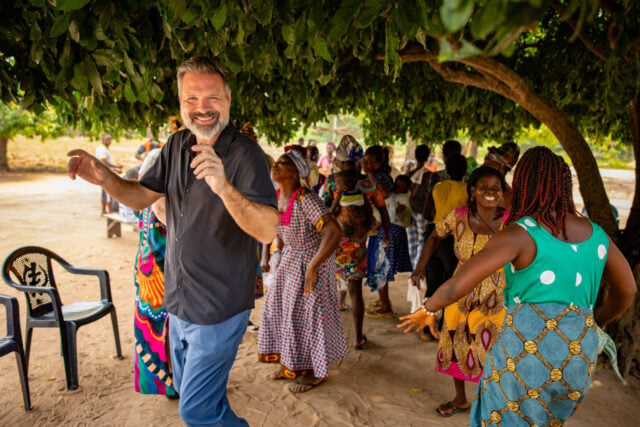Any mom would be proud to see her son compete in the Olympic Games, but I can’t help but think that for Barb Rogers — the woman who, together with husband, Rob, adopted Lopez Lomong — the experience must be especially moving.
As you may know, Lopez is a Lost Boy of Sudan.
At age 6, he was abducted by the Sudanese People’s Liberation Army. For weeks, he was locked in an unsanitary hut with little food. Many boys cooped up with him died during the night.
But with the help of three older boys, Lopez managed to escape and flee to Kenya. He spent the next 10 years in a refugee camp — before finding a new home with Barb and Rob in the United States.
In his book, “Running for my Life,” Lopez credits Barb and Rob not only with helping him secure a college education but also regularly attending all his running events — a degree of parental support he says his fellow competitors did not enjoy.
He went on to represent the United States at the 2008 Summer Olympics in Beijing and, most recently, in the 5,000-meter race in London.
He also founded his own nonprofit — the Lopez Lomong Foundation — and is currently partnering with World Vision to bring clean water, healthcare, education, and nutrition to children who desperately need it in his homeland.
How does Barb feel about all this? I phoned her shortly before she departed for London to cheer Lopez on.
* * *
How is it watching Lopez compete with the best in the world?
It’s difficult to watch, but I would not miss it. There’s always a moment of anxiety when you see them come out of the tunnel and he’s there, lined up with the other competitors. You just hope you have a good view wherever you are sitting — you want to be able to see it all.
Adopting a Lost Boy must have been a difficult decision. What made you do it?
We had one son who graduated high school in 2000, so we were empty-nesters for a bit. We considered different things we could get involved in. My husband happened to see the notice that they were looking for foster parents for Lost Boys of Sudan.
I was not really interested, but Rob said, “Well, go to the meeting.” I went to the meeting — and I don’t know how you could come out of there and not be interested. They tell you the circumstances of these children, and I felt that if we don’t help these kids, I’m not sure who is going to.
What was it like when Lopez first came into your home?
He did not wear any of the struggle on his face or on his body. It wasn’t at all obvious. He was just someone who came to us and now became part of our family.
Right away, he clicked with us — he clicked with everyone — and it was a great experience. But as we warmed up to each other and heard some of his stories, it was overwhelming to understand what he had gone through.
Understanding Lopez’s trials and seeing his triumphs must have put you on an emotional roller-coaster. How have you coped?
My heart was always breaking, but he would continue to have good results — positive outcomes. We would learn something new, like that his [biological] mother might still be alive. We were hoping that was true, and then when it came to be true — oh, my goodness. How wonderful.
In his book, Lopez mentions your support in attending all of his running events. Why was this a priority for you?
I wanted him to know that no matter what, we will always be there to support him. It does not matter if he succeeds or if he fails; we will always be there for him. It makes a difference if someone is there, rooting for you.
Were you and your husband into sports before you knew Lopez?
We were not real sports people. We followed the local Syracuse University basketball team, and we watched the Super Bowl — but that was more for the party and the good food.
What’s the biggest lesson Lopez has taught you?
I don’t have any bad days because I see what other people go through in their everyday lives in Africa and so many countries. If I have a flat tire, it’s part of my adventure of the day. I am not entitled to a bad day. I have people who I know love me, surround me, and are good influences on my life.
In what way have Lopez’s experiences shaped the person he is today?
I know he realizes how difficult it is for others when they don’t have the choices and opportunities that he now has. I think that’s why he is trying to make a difference and help others.
Support Lopez Lomong — and his vision to help others — in these different ways:
- Make a donation. Support South Sudan through World Vision’s refugee crisis response or through our East Africa hunger crisis fund.
- Run a race. Sign up to run with Team World Vision. As you train for a race and ask others to make donations on your behalf, you’ll help communities in need in South Sudan through Lopez Lomong’s 4 South Sudan initiative.





Comments